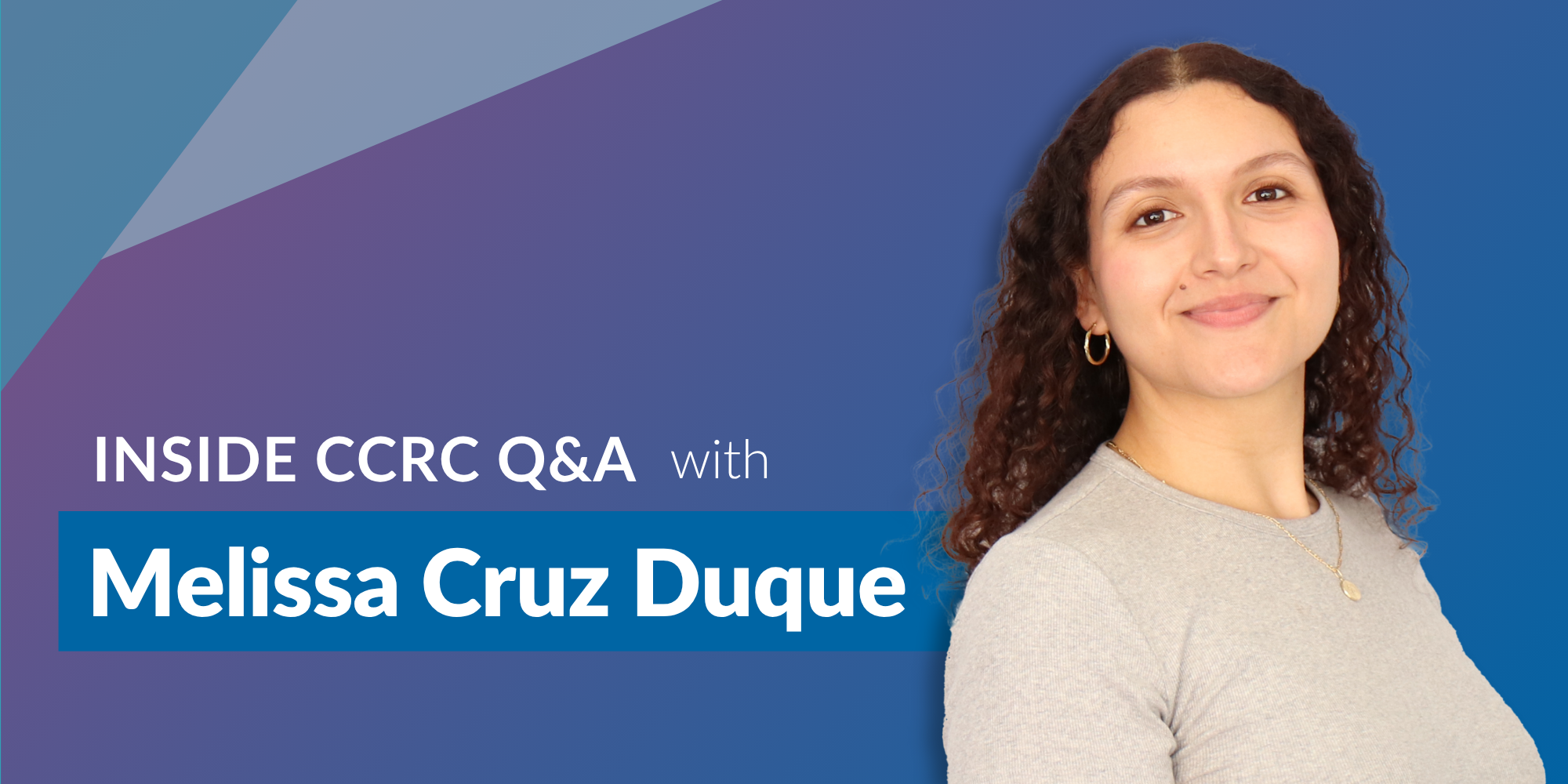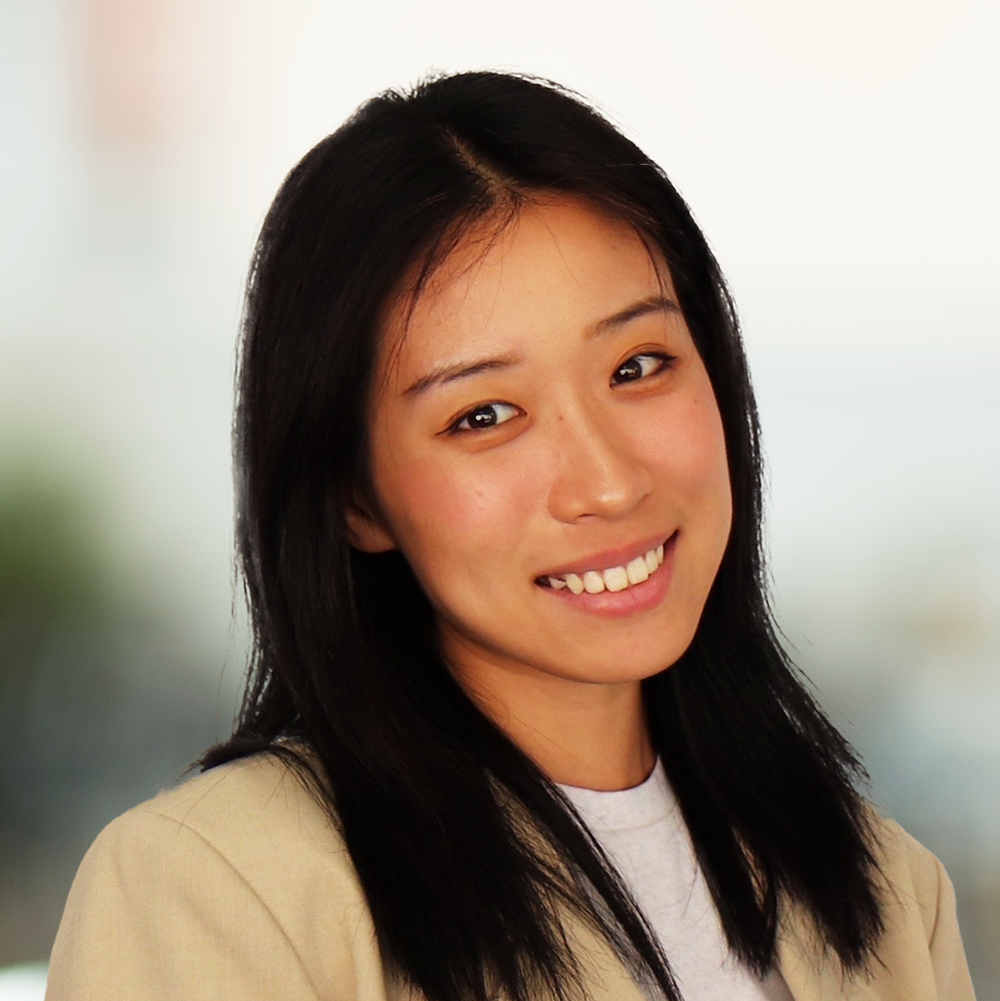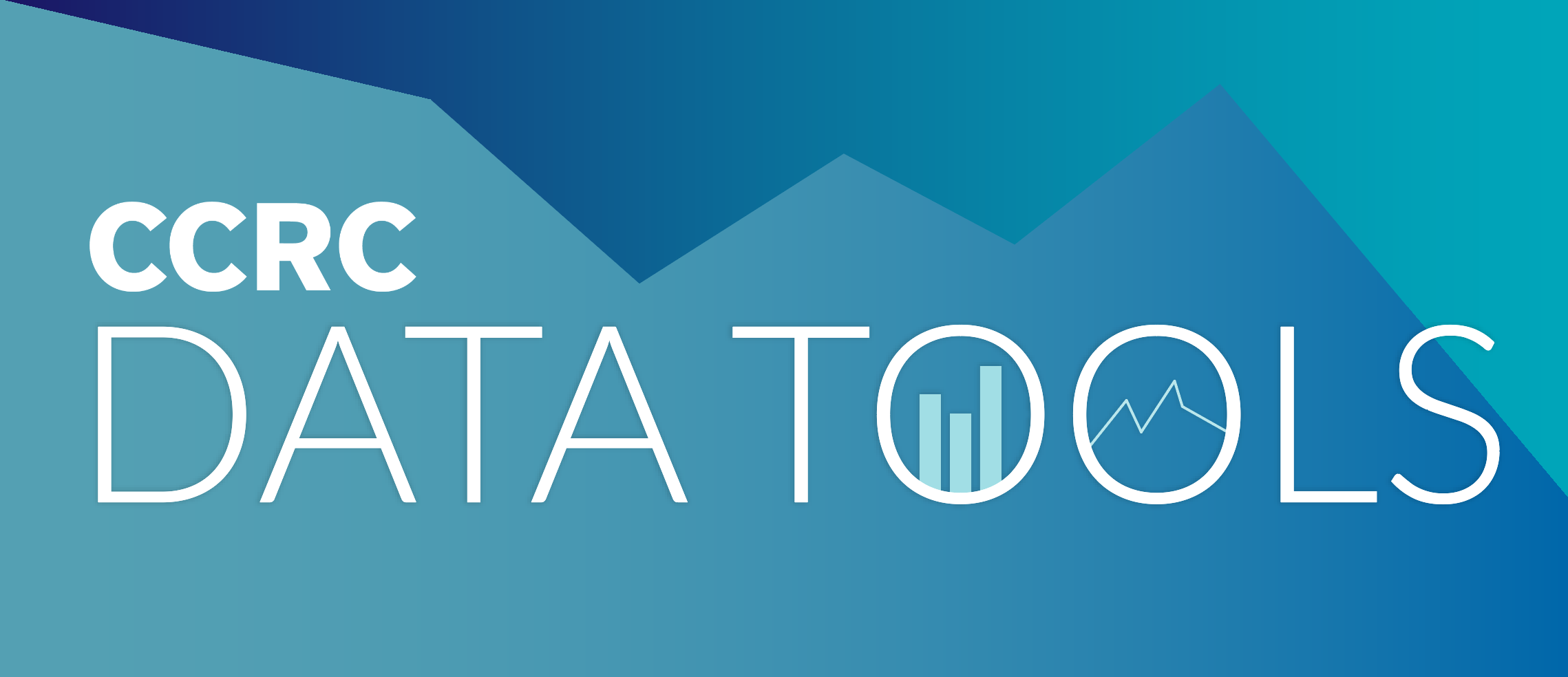Melissa Cruz Duque is a rising junior at John Jay College (CUNY), double majoring in economics and public administration. In July, she joined CCRC as a communications intern, one of two CCRC is hosting this summer through CUNY’s Career Launch program. In this interview, we learn about Cruz Duque’s college experience and how her journey—including transferring from Lehman College to John Jay—has shaped her role as a communications intern at CCRC.
This Q&A has been edited and condensed for clarity.
Helen Kim: Give me a brief introduction of yourself, your background, and your journey to John Jay College.
Melissa Cruz Duque: I was born and raised in Colombia until I was 16 years old. At the time I had already graduated high school in Colombia, but the education system here in the U.S. put me back to 11th grade. After graduation, my family strongly recommended that I go to West Point Military Academy since, in their eyes, working in politics and government is seen as having the highest prestige—and going to West Point would be such a great help to put me on that path. But to be honest, I didn’t really want to go. And I actually missed the deadline to submit my physical, which led me to my second choice, Lehman College, where I majored in political science. Afterward I decided to do a complete 180 and make the switch to majoring in economics because I enjoyed the quantitative and data analysis aspect of it.
Kim: What’s one skill you really want to home in on and learn during your internship?
Cruz Duque: As a communications intern I really want to learn how to effectively translate all the research that everybody does here so it’s simpler and easier to digest. How can we get the younger generation to start getting more interested in research so they can start getting involved in issues that concern them? I think the research that CCRC does in the education field and how it leads to policy reforms is very relevant to the younger audience who are students themselves. So how can we communicate the information in a meaningful way for this demographic?
Kim: What are your plans after this internship?
Cruz Duque: I do really look forward to continuing in research, mainly because of my double major and also the fact that I’m doing research for my capstone project as well. That’s what will be my most feasible next step. I’d love to continue at CCRC—just from my first day, I’ve seen how meaningful the research is, both in terms of public impact and alignment with my degree. If that’s not possible, I’ll look for other research opportunities in academia or museum operations.
Kim: You mentioned that you wanted to continue with research after this internship. What about research piques your interest and what kind of research might you be exploring during the rest of college and beyond?
Cruz Duque: I think it’s one of my best skill sets, and I love the feeling of reward from being able to explore a topic of interest in a deeper way. I’ve been talking a lot with my college professors regarding my capstone project, which is underway right now. I’m currently working on researching multinational fashion companies and the effects of tax evasion on the economy. This idea came up while I was reading an article about Gucci’s tax evasion scandal.
Kim: What were the hardest obstacles for you to overcome when it comes to being a college student and how were you able to overcome those challenges?
Cruz Duque: Sometimes it’s just a lot of pressure—the pacing of the classes. And if you’re not in constant communication with your advisor, you can end up making really bad decisions about which classes to take. My first two years, I took a bunch of courses I didn’t need and did poorly, which landed me on academic probation. That’s when I finally got more in touch with my advisor, who actually suggested I add a second major in public administration based on my existing credits, and they helped me map it out. I was eventually able to overcome the probation, and I think people don’t realize how much organization—especially academic planning—can shape your college experience.
Also, when it came to changing my major from political science to economics and public administration, even though I did feel like it was the right thing to do, it was easier because my mom was very supportive. My ability to do that comes from my very privileged position, given that my family pays tuition out of pocket. If you already spent $10,000 a year, nobody has another $10,000 to make up for what’s lost in the process of changing majors. But thankfully I had that family support. So it was a really nice thing that took away the financial pressure.





